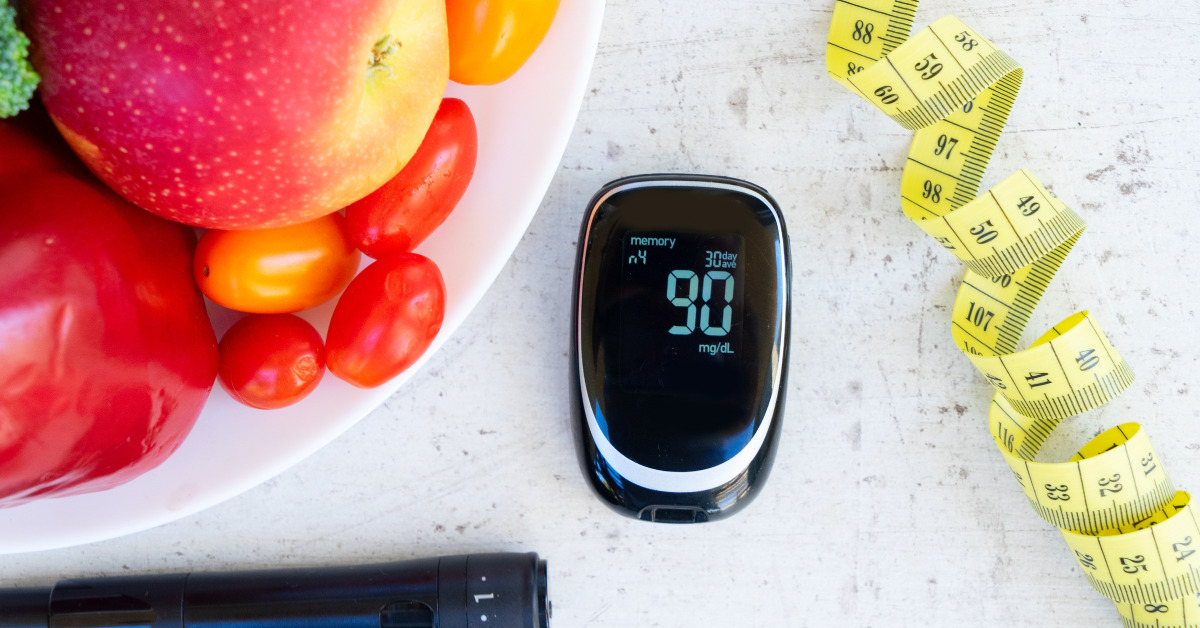
Most people think that if they don’t have diabetes, they don’t have to worry about their blood sugar.
That’s not actually true.
Have you heard of insulin resistance?
Insulin resistance is when cells in your muscles, fat, and liver don’t respond to insulin (the hormone that allows sugar to enter cells).
That means sugar cannot effectively enter the cells to be burned for energy. Which means…
🩸 Blood sugar starts to creep higher, especially after eating carbohydrates or sweets.
Insulin resistance can eventually lead to type 2 diabetes, but it can exist long before a diabetes diagnosis. The trickiest part?
There usually are no obvious symptoms.
But there are definitely some clues that are often associated with insulin resistance, like:
😬 Abdominal weight gain (around the waist)
🍭 Sugar and carb cravings
😴 Crashing after eating sweets
It’s important to know that a person does not have to be overweight to have insulin resistance! The only way to know for sure is to look for subtle changes in bloodwork.
Ready for the good news?
Insulin resistance is reversible 🎉
👀 Watch for my upcoming posts where I’ll be taking a deep dive into the root causes of insulin resistance, lifestyle changes to help reverse it, and supplements to support healthy blood sugar levels.








